Destabilizing Democracy in Latin America
Uncertainty was high as the police closed in, but instead of pursuing a criminal, they had surrounded a democratically elected president, aiming to overthrow him. Another coup attempt was underway in Latin America.
On Sept. 30th, 2010, a group of police officers led a protest over benefit cuts, in Ecuador’s capital, Quito. After President Rafael Correa spoke to the group of revolting officers, he was attacked with tear gas and was rushed to a hospital. He later declared he was being held hostage in the hospital, and that the attack was a coup attempt. After hours of uncertainty, military units conducted a successful rescue operation against the revolting police. The subsequent shootout left four dead.
Ecuador has had a history of political instability; it has had eight presidents since 1996. President Correa was elected in 2006, and led an effort in 2007 to create a new constitution. However, disagreements between parties slowed this process. Meanwhile, the country remained consumed by debt accumulated during previous governments. In 2009, Ecuador defaulted over $3 billion of debt and cut itself off from the IMF and the World Bank due to their detrimental effects on the economy.
Besides this year’s attempt in Ecuador, this decade has seen the military coup against President Manuel Zelaya of Honduras last year. In addition, President Jean-Bertrand Aristide of Haiti resigned under U.S. pressure in 2004, and an unsuccessful coup also took place in Venezuela in 2002.
Professor Raymond Rocco, from UCLA’s Political Science Department, believes that the recent coup attempt in Ecuador “is a manifestation that the progress of democracy in Latin America is very tenuous.” The transition to democracy in many Latin American countries is not complete, and much disparities still exists. In addition, government institutions remain weak, and the military sometimes does not answer to the president. It is not uncommon for soldiers to hold allegiance to particular generals, as opposed to the President.
What should Latin American leaders do? Professor Rocco believes that Latin American presidents must make sure to maintain mass popular support. In Venezuela, massive public demonstrations played a key role in the reinstatement of Hugo Chavez after the coup in 2002. It is necessary to maintain that mass support, since these leaders have derived their mandate from the people.
Professor Hector Perla, from University of California Santa Cruz’s Department of Latin American Studies, believes that leftist leaders should confront the problems brought by capitalism head-on. They must create broad progressive alliances, done by strengthening their own party base, as well as forming center-left coalitions. Professor Perla believes that maintaining unity and grassroots activism is key to maintaining democratic rule. This includes the use of alternative news sources, including social networking, to counter mainstream media’s role in destabilizing Latin American countries.
Progressive governments in Latin America will continue to be targeted. Therefore, it is necessary for people to remain politically conscious and look past the propaganda and rhetoric; they must make sure not to internalize their own repression by being indifferent.

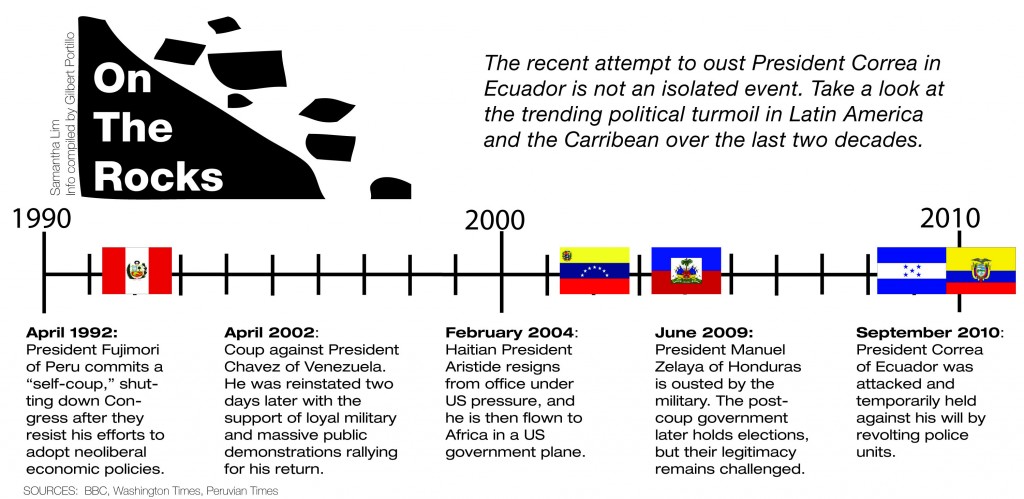
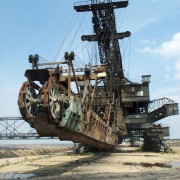
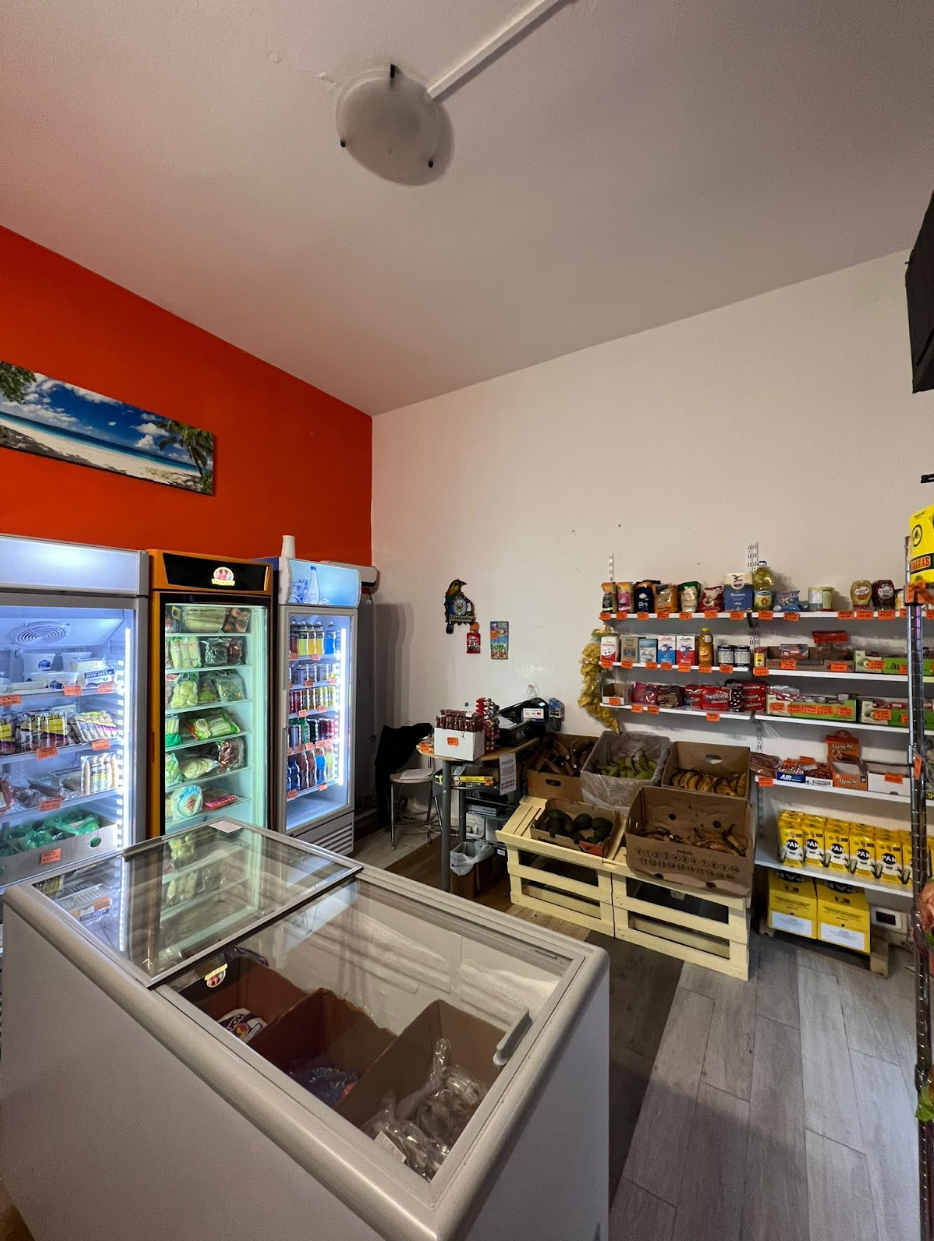

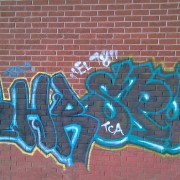
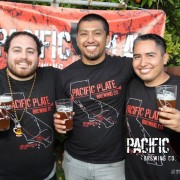


Leave a Reply
Want to join the discussion?Feel free to contribute!